
North Korea amassed a multimillion-dollar fortune following its military support to Russia.
Kim Jong Un's regime caused around 20 billion dollars following its constant military and technological support to Russia
North Korea has obtained economic benefits estimated at more than 20 billion dollars for its military support to Russia in the war against Ukraine, according to a recent report by the Korea Institute for Defense Analyses (KIDA), a think tank funded by the South Korean government.
The report, published in early April, details that most of these profits come from the supply of ammunition and military equipment, valued at approximately 19.2 billion dollars.
North Korea reportedly sent about 21,000 containers with weapons to Russia by sea, including 122 mm and 152 mm artillery shells, Bulsae-4 anti-tank missiles, KN-23 short-range ballistic missiles, and RPG launchers. It is also suspected that some additional shipments may have been made by land or air routes.
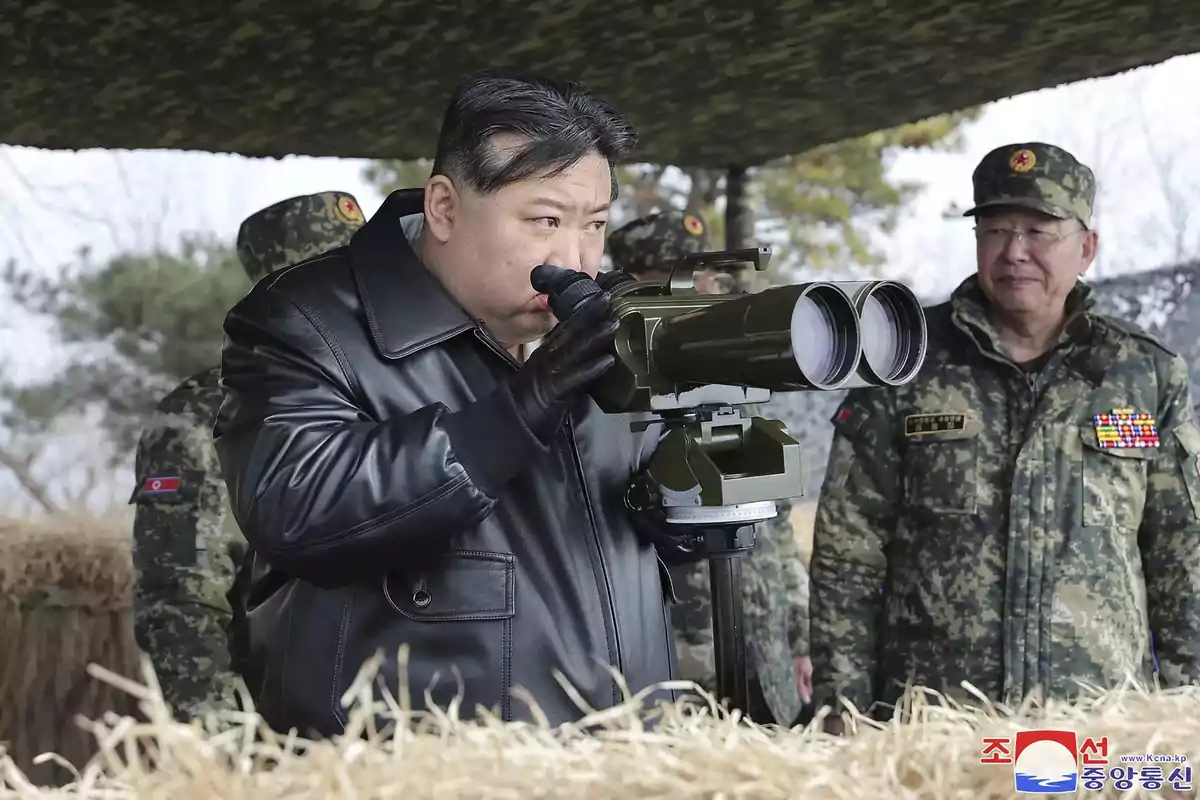
In addition to weapons, the report estimates that Pyongyang has received about 630 million dollars for technology transfers and another 280 million for sending troops.
It is estimated that North Korea has deployed about 11,000 soldiers in support of Russia, receiving an estimated monthly salary of 2,000 dollars, plus a one-time bonus. However, the North Korean regime would retain a significant portion of these remunerations before transferring the rest to the soldiers.
KIDA highlights that, beyond direct cash payment, a good part of the compensation is being made through barter agreements or exchanges in kind.
North Korea is particularly interested in obtaining advanced military technologies and strategic Russian weaponry, such as knowledge about nuclear submarines and modern fighter jets.
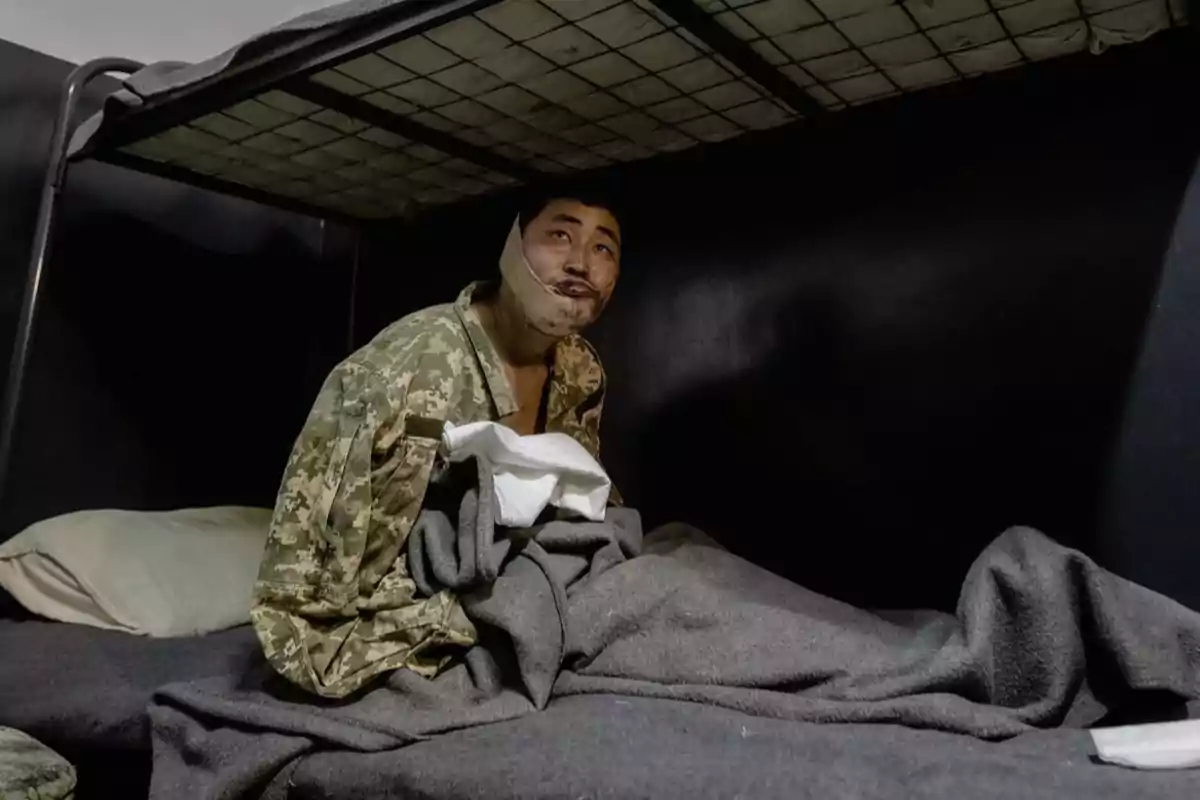
The report mentions that, due to the current conflict, Moscow might be more willing to facilitate these exchanges, unlike its previous position and that of China, which had rejected similar requests from Pyongyang.
The report emphasizes that Kim Jong-un's regime might be attempting to acquire fourth-generation or higher aircraft, as its current air fleet is obsolete, especially compared to the modern F-35A fighters deployed by South Korea.
Additionally, the report mentions signs of recent technological cooperation, such as North Korea's development of new weapons systems, including loitering munitions with artificial intelligence, an early warning and control aircraft, and a next-generation reconnaissance drone.
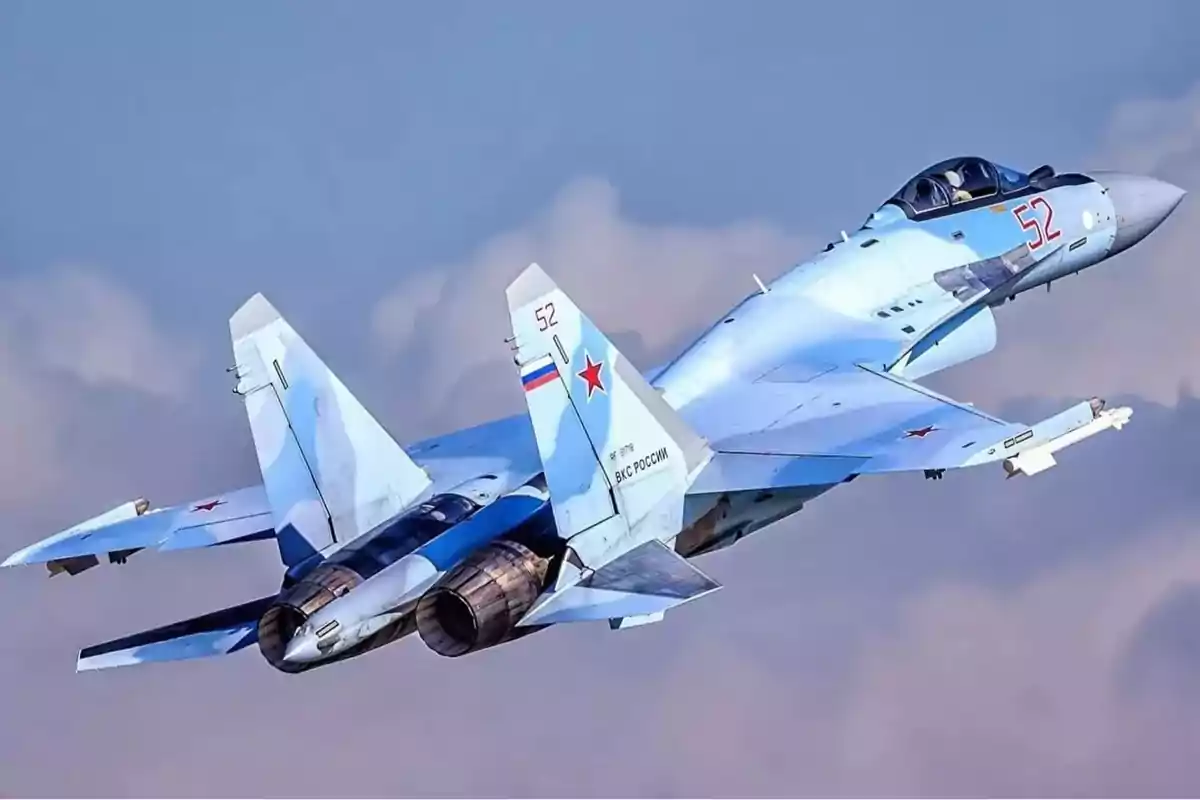
Besides strengthening its military capabilities, cooperation with Russia reinforces the internal stability of the North Korean regime, consolidating Kim Jong-un's power, according to KIDA.
However, the report also warns about the risk that this alliance could lead to a possible Russian intervention in a conflict on the Korean peninsula, or sustained support for the North Korean regime in times of regional instability.
The lead researcher of the report, Park Yong-han, urged the international community to seek a resolution to the conflict between Russia and Ukraine, as well as to implement diplomatic and defense measures to curb the growing collaboration between Moscow and Pyongyang.
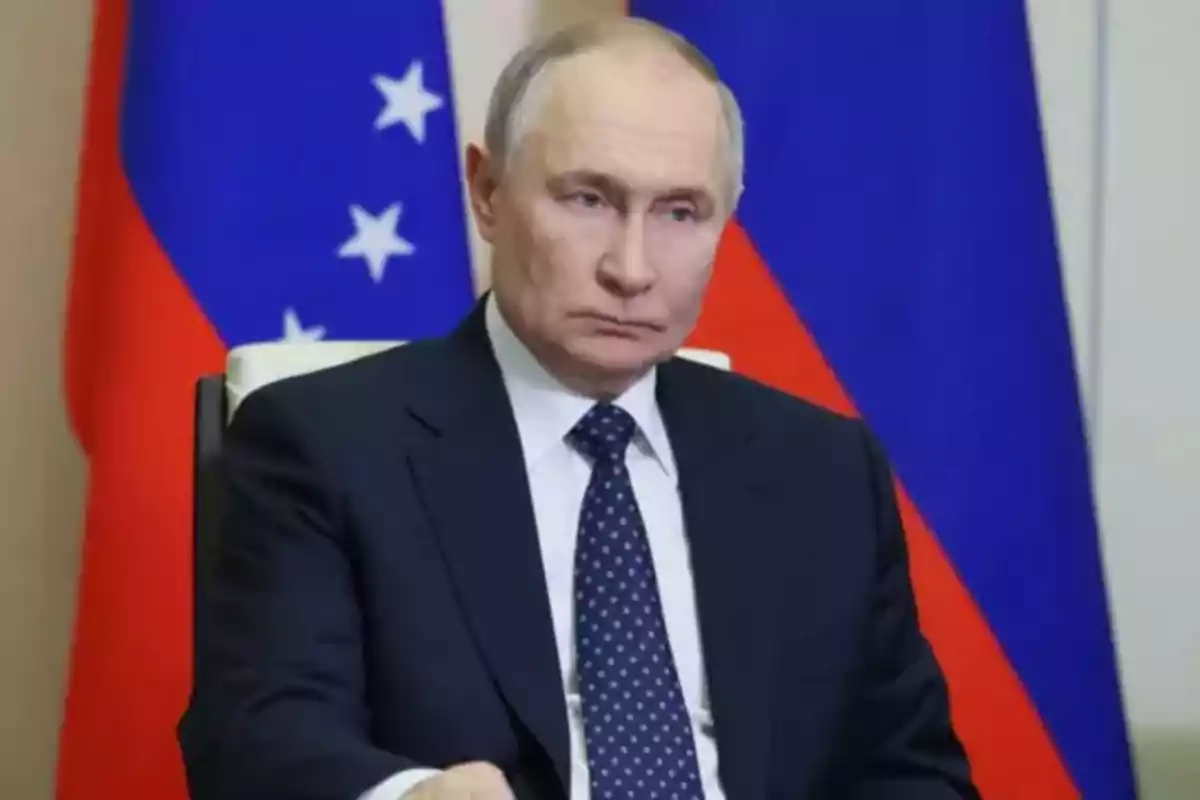
He also recommended strengthening the effectiveness of sanctions, preventing Russia from compensating North Korea through the transfer of sensitive technology or advanced weaponry.
Although both Russia and North Korea deny the direct involvement of North Korean troops in Ukraine, South Korea and the United States claim that Pyongyang has sent thousands of soldiers, along with large quantities of weaponry.
According to South Korean intelligence sources, at least 300 North Korean soldiers have died and about 2,700 were injured. Ukraine estimates around 4,000 casualties among North Korean forces, with 10% dead.
Moscow reportedly issued about 10,000 visas to North Korean citizens last year, reinforcing suspicions of deeper military collaboration.
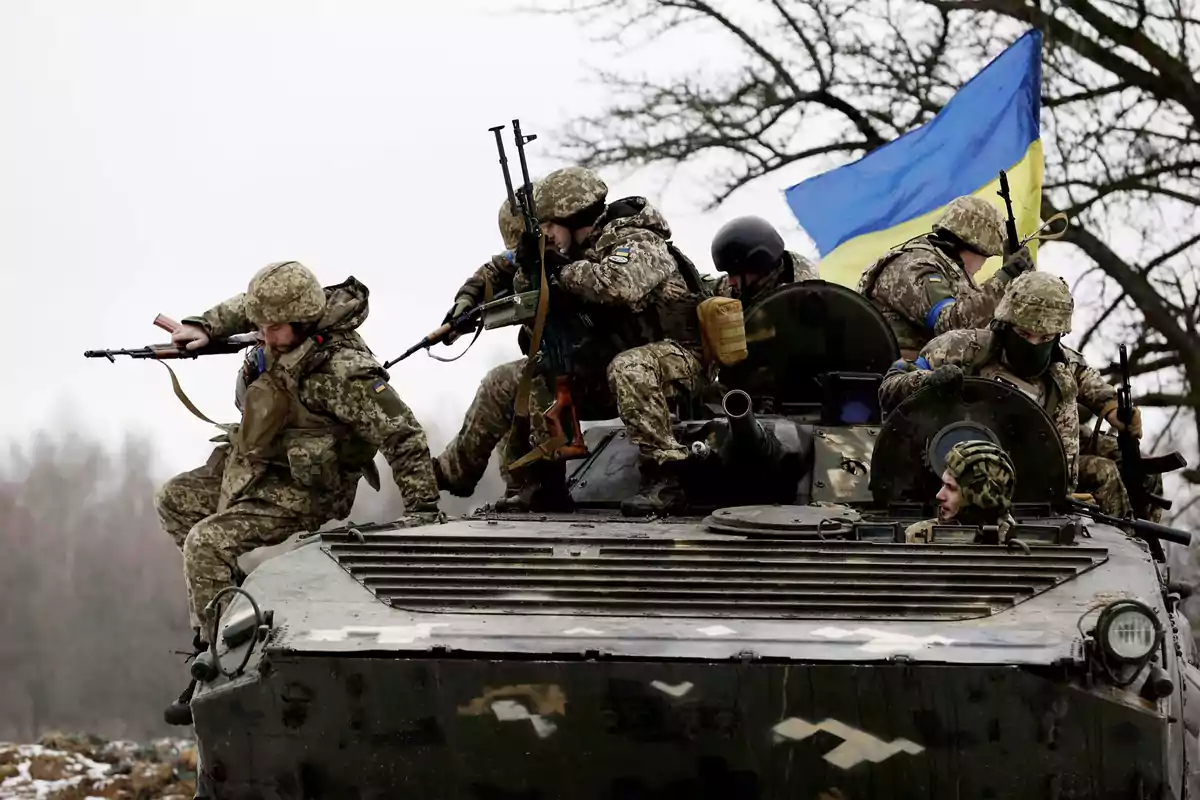
More posts: